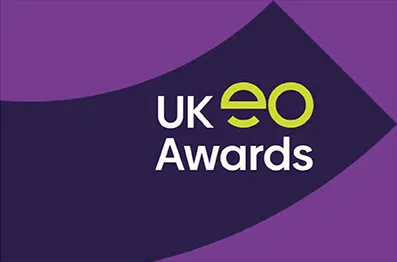The Autumn Budget of 2024 introduced a series of updates to the Employee Owned Trust framework in response to a consultation held in 2023, now available for public review.
These changes, effective from 30 October 2024, will also be embedded in the forthcoming Finance Bill of 2025.
On the positive side, the tax benefits associated with EOTs remain unaffected by this budget. EOTs continue to offer business owners a tax-efficient exit, allowing sellers to avoid capital gains tax (CGT) when transferring their business to an EOT. With CGT rates set to increase in April 2025, we may see a rise in EOT conversions in the coming year.
Nonetheless, several of the recommendations emerging from the recent consultation will influence the structure of EOTs, prompting some existing EOTs to review and possibly revise their organisational setup to align with the latest requirements.
Significant Changes Introduced by the Budget
For full details, please refer to the official government guidelines on Employee Ownership Trust and Employee Benefit Trust taxation.
Below is an overview of the primary changes effective from 30 October 2024:
- Capital Gains Tax (CGT) Exemption for EOT Sales: The CGT exemption remains a key benefit for sellers to EOTs, provided they meet the legal requirements outlined in sections 236H to 236U of the Taxation of Chargeable Gains Act 1992.
Section 236H(3): “The disposal, and the acquisition by the trustees, are to be treated for the purposes of this Act as being made for such consideration as to secure that neither a gain nor a loss accrues on the disposal.”
Given the CGT rate of 24% for higher-income taxpayers outlined in the 2024 Autumn Budget, this exemption can save sellers a substantial amount. Rates for Business Asset Disposal Relief (BADR) will increase to 14% on the first £1 million in April 2025, rising further to 18% in April 2026.
- Limits on Retained Control Post-Sale: Effective 30 October 2024, prior owners and connected individuals cannot retain control over an EOT, either directly or indirectly. Sellers must relinquish control of both the Trust and the business to employees, though they can remain Trust members as long as they hold no controlling interest.
- Trustee and Seller Residency Conditions: Sellers and trustees must reside in the UK at the time of sale, and trustees must ensure that the share price aligns with the market value. A formal valuation may be necessary to uphold compliance, particularly if a trustee is also a founder.
- Income Tax Exemption on Contributions: Contributions from companies to an EOT to finance share purchases are not subject to income tax. This change removes potential tax-related issues around initial and ongoing employee distributions.
- Flexible Bonus Allocation Rules: Directors are no longer mandated to be part of the profit distribution pool, though they may still participate, offering greater flexibility in bonus allocations.
- Extended Relief Claim Review Period: For the 2024-25 tax year onward, the timeframe for EOT tax relief to be rescinded for non-compliance extends to the fourth tax year following disposal. Sellers must also submit more detailed information to HMRC when claiming relief.
- Inheritance Tax (IHT) Relief for EOT Transfers: Transfers to an EOT or Employee Benefit Trust (EBT) may qualify for IHT relief if:
- The shares were held for at least two years before the transfer.
- No more than 25% of beneficiaries receiving income from the EOT/EBT are connected to the seller, ensuring family members don’t disproportionately benefit from favourable tax treatment.
These updates aim to reinforce the intention behind EOT tax advantages, ensuring they foster true employee ownership and not primarily family-centered tax benefits.
To explore more about Employee Ownership Trusts, get in touch with us today.
Complete this form and one of the team will get back to you.
"*" indicates required fields



